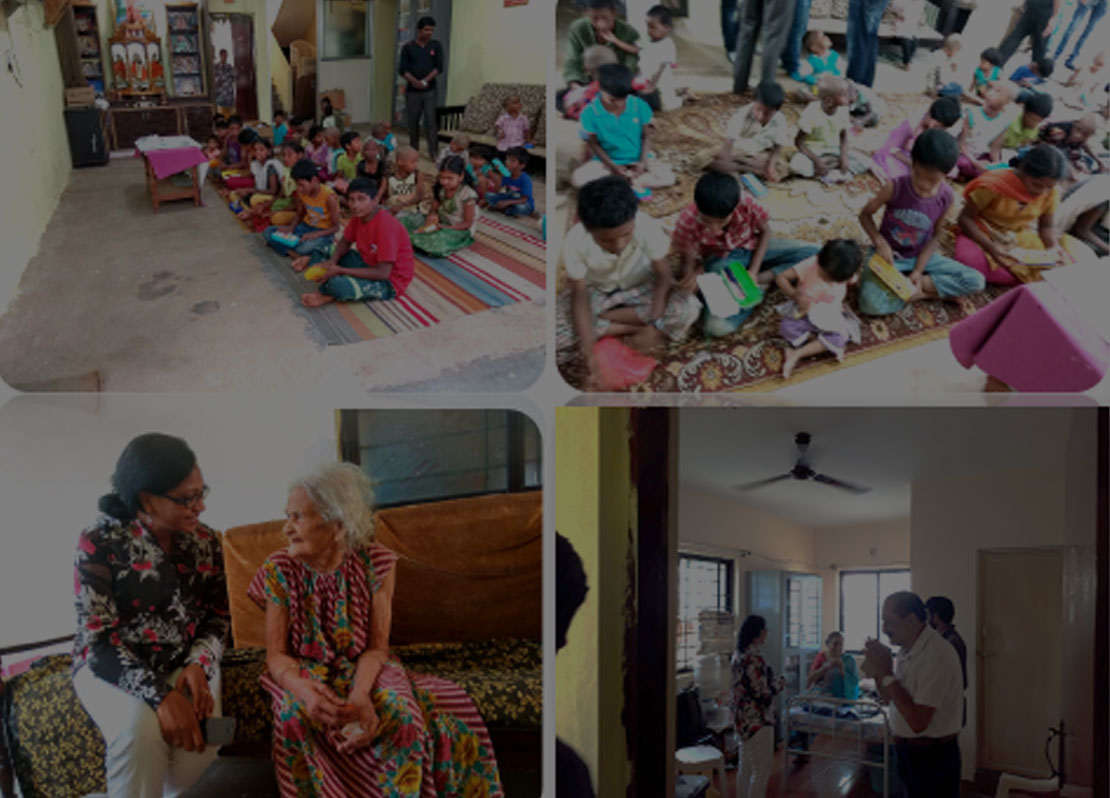CORPORATE SOCIAL RESPONSIBILITY POLICY
This policy sets out the Company’s commitment & approach towards Corporate Social Responsibility based on our legacy of ‘Giving Back to Society’. The Company is committed to the Purpose of improving the quality of life of the communities we serve through the CSR. The Company endeavours to facilitate livelihood opportunities & socio-cultural development in areas of its operations.
Vision
“Create a positive influence in the communities and societies where we operate.”
Innovation, collaboration and impact define our social investments, which are embedded in our brand strategy and our stakeholder engagement plan. We commit resources of our company and employees to contribute to relevant social issues on education, orphanages, destitute, old age homes and ecosystem. Our aim is to help find solutions to these challenges in a sustainable manner.
















